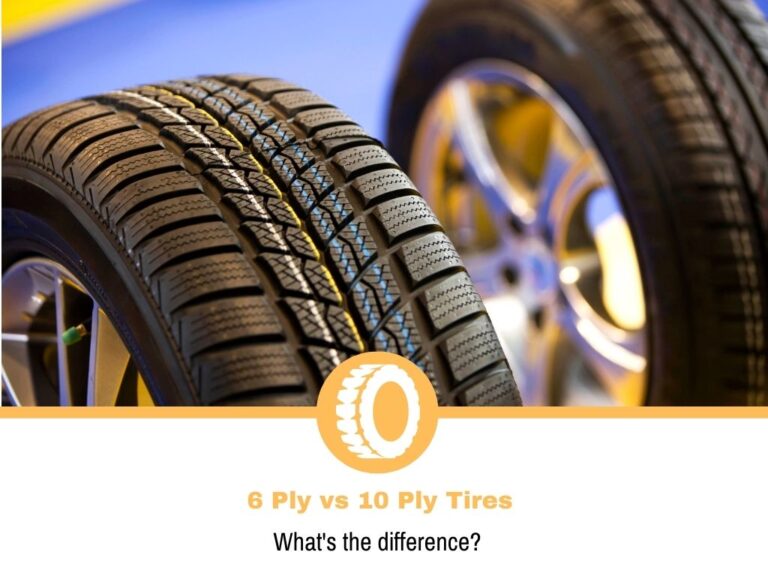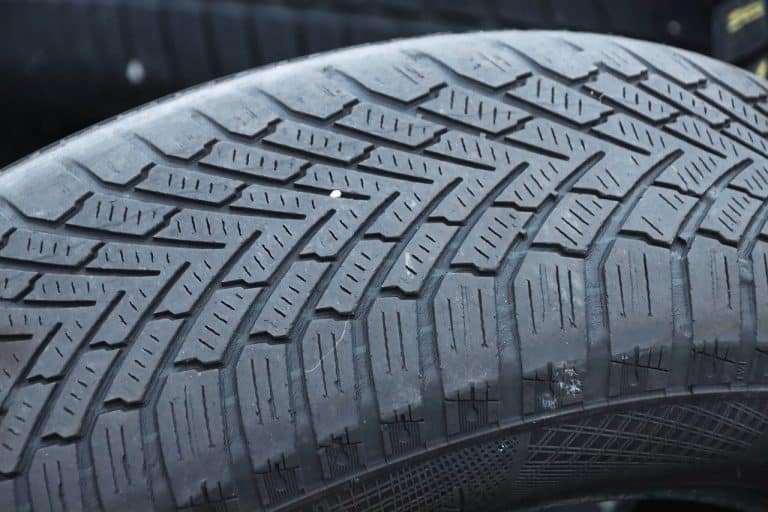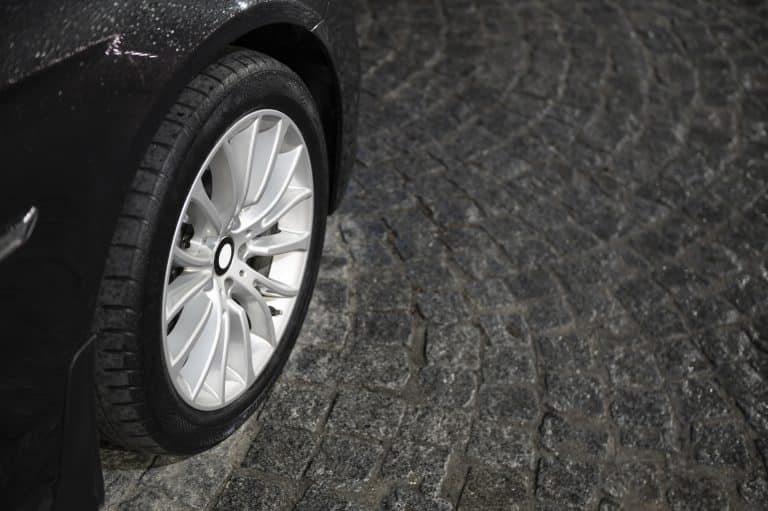The Ultimate Florida Tire Buying Guide
Tires are not made to last forever, but they could last longer if you know how to take care of them. That being said, many factors play a huge role in how long tires can last. Climate, mileage, air pressure, tire wear, driving conditions, and driving habits are just a few of many factors you need to consider if you want to make the most out of your tires.
Places like Florida are known for humidity, mild winters, and extreme summer temperatures. Most people agree that these don’t play a massive role when it comes to tire longevity if you pick the right tires to begin with. So, how long do tires last in Florida?
How Long Do Tires Last In Florida?
It’s rather difficult to correctly pinpoint how long tires last in Florida because the weather can only do so much. If you take proper care of your tires which means rotating them, balancing them, swapping them when necessary, and keeping them aired up, you should expect them to last anywhere between 20,000-30,000 miles for summer tires and almost double that amount for all-season tires.
Given the fact that Florida typically does not experience harsh winters, winter and studded tires are not really an option. The only parts of Florida that tend to experience snow from time to time are either Jacksonville or other northernmost parts of Florida.
How To Make Your Tires Last Longer?
- Tire maintenance
- Driving habits
- Suspension setup
- Tire air pressure
- Road conditions
- Routine inspections
How Does Tire Maintenance Affect Tire Longevity?
Proper tire maintenance is essential when it comes to getting the most out of your tires. Tire maintenance usually includes tire balancing, and tire rotations among others, but these two are the backbone of proper and thorough tire maintenance. Tire balancing is intended to correct the way your tires distribute the weight of the car which leads to even wear and better performance.
Tire rotations are also intended to even out the stresses tires withstand because the front and rear tires wear differently. Front tires typically wear out faster because most cars have their engines at the front and because the front tires do all the steering. When you swap your rear tires with your front tires, you are essentially evening out all the stresses across all four tires which in turn enables them to last longer.
How Do Driving Habits Affect Tire Longevity?
The way you drive affects your tires more than you think. Abrupt braking, swift accelerations, and heavy cornering place huge amounts of stress on your tires. It does sometimes feel fun to do a burnout, but a tire burnout can cause more stress to your tires than even the most humid and most extreme Florida summers.
As such, it’s better to completely abandon the “pedal-to-the-metal” attitude and drive the car with more ease. You should use engine braking instead of the brakes whenever possible, and you should also roll into the corners instead of power sliding into them.
How Does My Suspension Setup Affect Tire Longevity?
A precise wheel alignment makes sure your tires always face the road at an exact angle while also getting rid of all unwanted vibrations and preventing your car from pulling to one side or the other. New brake pads, new discs, a proper ride height, and effective roll bars play a huge role in putting the power down and making the car more comfortable, easier to control, and more accessible.
As such, by maintaining all of these components, you are distributing all the stresses a car typically endures during driving across all of these components equally. This means that your tires are not going to take the blunt of the impact, but will rather manage the challenges of driving in a more balanced manner.
How Does Tire Air Pressure Affect Tire Longevity?
The effects of underinflated tires are increased levels of friction, tire flexing, higher rolling resistance, and an increased footprint which heats up the tire and causes defects that will eventually destroy a tire. Effects of overinflated tires are also higher temperatures, worse shock absorption, and an overall higher chance of blowouts and sidewall damages.
Therefore, keeping your tires at the correct PSI in the summer, and in the winter makes sure your tires are always ready to face the daily challenges as best as they possibly can. This leads to less friction and lowers rolling resistance which in turn makes tires last a lot longer.
How Do Road Conditions Affect Tire Longevity?
Having the right tool for the job is the secret to doing everything the right way. As such, using off-road tires for off-roading makes you better at off-roading, using slick tires on a sunny track day makes you feel like a racing driver. Consequently, making sure you always have the right tire for the environment you tend to drive does wonders for tire longevity.
Furthermore, avoiding potholes and going slowly over speed bumps is also crucial to maintaining not only your tires but also your suspension components. Tires with the correct load rating and speed index will also help you in maximizing the use of a single tire set.
How Do Routine Inspections Affect Tire Longevity?
The purpose of an inspection is to find potential tire defects early enough before they compromise the tire’s structural integrity, pressure retention, or performance. Tire cracking happens when the tire starts degrading, and if you catch it at the right time, you can potentially even stop it.
Not only that a visual inspection can help your tires last longer, but it can also shed light on some more severe issues that could even result in an accident. A great example of this is tire bubbling, a defect that can result in the tire exploding and causing all sorts of problems that come with that.
What Type Of Tire Is Best For Florida?
As stated above, having the right tool for the job is essential. As such, if you live in Florida you should primarily focus your attention on either all-season or summer tires. Summer tires are the preferred choice as they are perfect for hot pavements. They are quieter, more controllable, and tend to offer the highest levels of traction.
All-season tires fare much better when it comes to occasional snow, they last longer, but are not as refined, nor controllable. It also depends on the type of car you own and where you tend to drive it. If you own an SUV or a truck and you love spending your weekends on the beaten path, you can also consider all-terrain tires.
All in all, the best option you can go for is to consider what are your priorities while also being aware that you live in Florida. Try to balance your weekend wishes, your driving habits, and the mileage you do with the fact that you live in the most humid state in the entirety of the US.
How Can I Tell That My Tires Need Replacing?
Multiple signs tell you it’s time to replace your tires. The easiest and most common one is tire tread depth and the trusted penny and quarter tests. Tire weathering signs such as tire cracks on the tread surface and the sidewall can also indicate that it is time for new tires. Whenever your tire experiences a substantial impact, you need to check the tire for any signs of tire bulging which can destroy a tire in a matter of a few miles.
If you sense increased levels of vibrations while driving, be sure to inspect if the tire belts and inner cords are separating or shifting away from the tire. This may not be visible during a visual inspection, but it sure will be during tire balancing.
Age and mileage are also important when it comes to deciding it’s time to change tires. Most tire experts will tell you that tires should last somewhere between three to five years. Mileage-wise, tires should last around 50k miles for all-season tires, 20k-30k miles for summer tires, and around 25k-30k miles for winter tires.
This is why it is so important to rotate your tires, balance your tires, and do everything else you can to make them last as long as they can. Badly maintained tires can last less than a season while well-kept tires can last many seasons to come.
Conclusion
Florida is the most humid state in the US that typically experiences extreme temperatures during the summer and mild temperatures during the winter, with the occasional snow for the northern parts. Most experts state that your tire lifespan should not be drastically impacted by the fact that you live in Florida, at least not if you maintain your tires correctly.
Therefore, if you use high-quality tires and you maintain them, you should expect up to 30k miles for summer tires, and up to 50k miles for all-season tires. Winter tires are only needed in places like Jacksonville and other northern parts of Florida.






